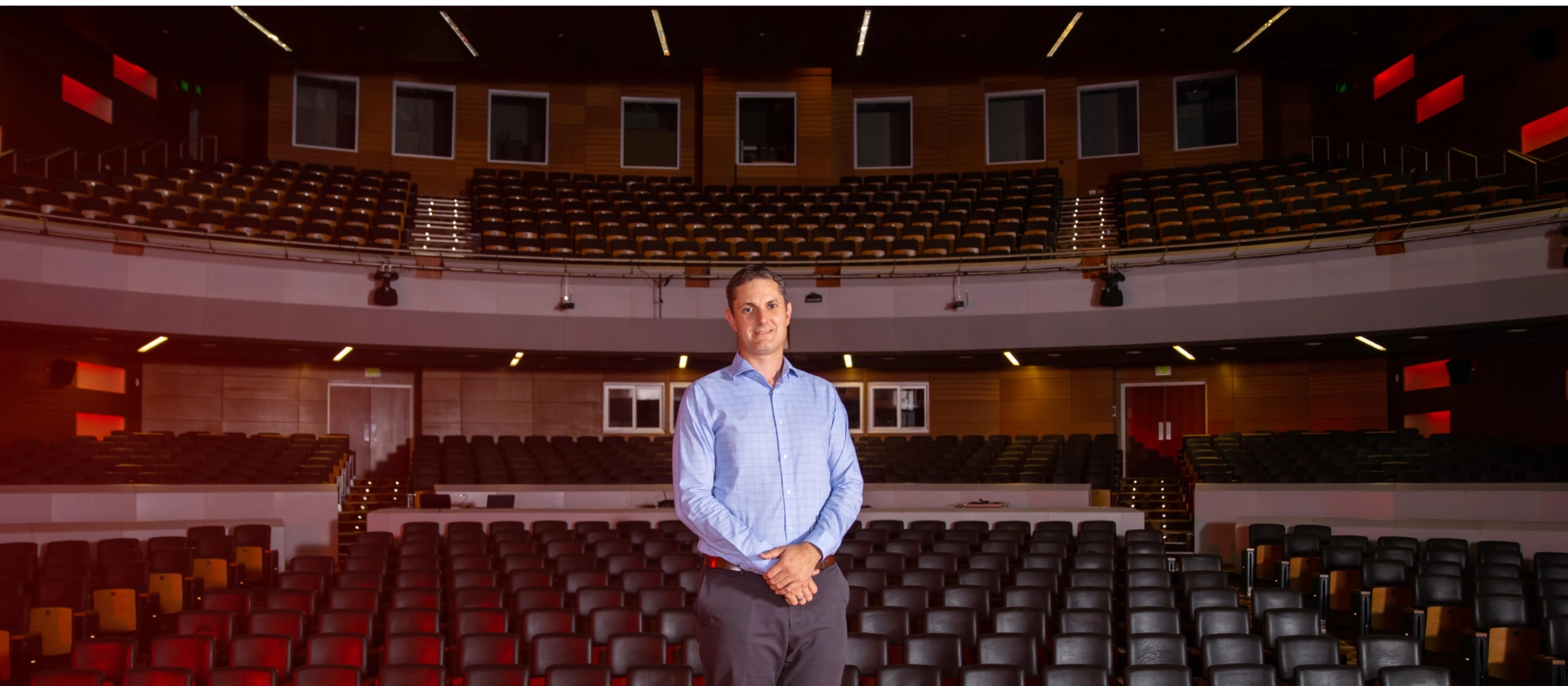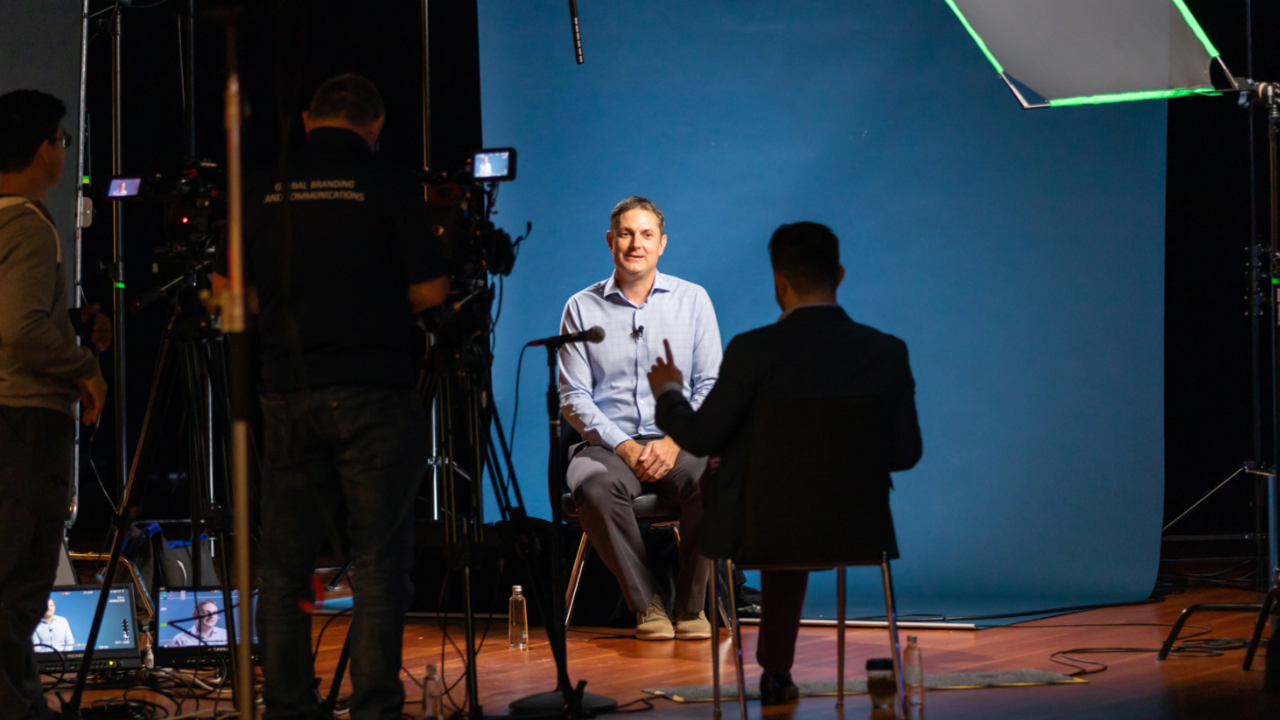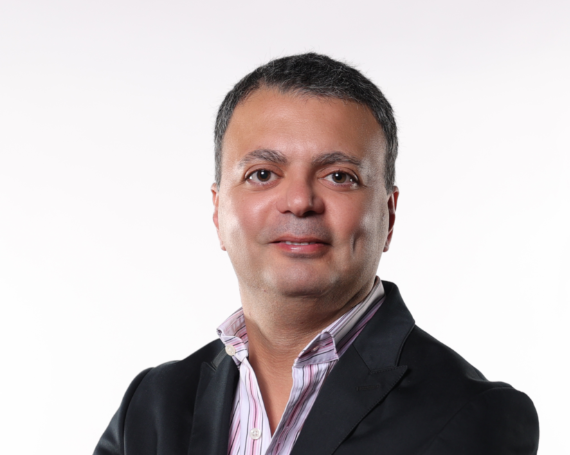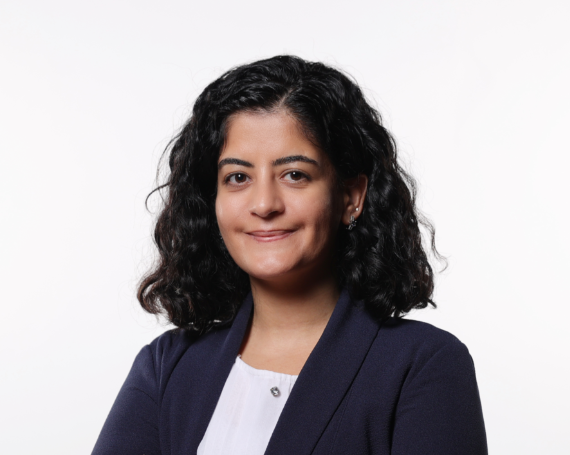
Growing up in a small town in Arkansas, in the southern United States, Professor Michael Berumen spent a lot of time immersed in nature, investigating what lay under rocks or fallen trees. He feels he was “fortunate to live in a wooded area,” where his curiosity could never be satiated and it was “natural for [him] to always be exploring.” When it came time to pick a career path, he stuck to the trajectory he’d been on since childhood, choosing first to study zoology at the University of Arkansas. During his time there, he had an opportunity to study for a year in Australia and to visit the Great Barrier Reef, which was a crucial turning point that led him to his current position as Director of the Red Sea Research Center at KAUST.
“When I discovered the diversity of life that lives in the ocean and on coral reefs,” Berumen recalls, “I fell in love immediately.” Having returned to Australia to do his Ph.D. in marine biology at James Cook University, he accepted a postdoc position at Woods Hole Oceanographic Institute in Massachusetts. It was during his time there that he heard of a state-of-the-art university in the early stages of planning that was recruiting a team to “catalogue the biodiversity of the Red Sea reefs.” Berumen leapt at the opportunity to study a habitat he hadn’t previously explored, which he did on a freelance basis for a couple of years. He is one of a very small number of people who watched as KAUST was built from nothing, such that when faculty hiring began, he was already certain he wanted to stay.
The thrilling experience of seeing KAUST take shape around him was matched by the discoveries Berumen began to make in the Red Sea itself, which at the time had not been subjected to much scientific research. It is home, he explains, to “a very large number of species that do not occur anywhere else,” and each one presents an opportunity to learn more about other, similar species, and of course the ocean as a whole. Berumen’s research is about learning “what lessons from other parts of the world are valid to apply here, but also what makes it unique.” Even the most minute of distinctions between the Red Sea and other habitats are important to understand so that bespoke methods of protection and conservation can be implemented.
While Berumen is proud to lead the Red Sea Research Center, he also has the duties of other KAUST faculty, including teaching, running a lab, and all the administrative work that goes with both. He enjoys the fact that his job is “never boring,” and that each week presents “a big mixture of challenges,” but he also finds great joy in the quieter moments. “Sometimes it feels like a rare treat when I get to sit down and read a draft of a paper that a student has written,” he shares, wistfully. Amid all the noise and the bustle, Berumen relies on those chances to engage in “the real, true science part of the job,” to keep him grounded.
At heart, Berumen is still the inquisitive child exploring the woods for days on end, and no matter what his workday entails, he delights in encouraging his own children to do the same. KAUST might not offer the same woodlands as rural Arkansas, but he loves it when “one of [his kids] says ‘let’s go look for spiders outside.’” Although he’s established himself primarily as a marine biologist, he still has a profound respect for the natural world in its entirety, and will always enjoy “poking around, exploring new places and looking for new critters;” that childhood passion, he concludes, “never went away.”



